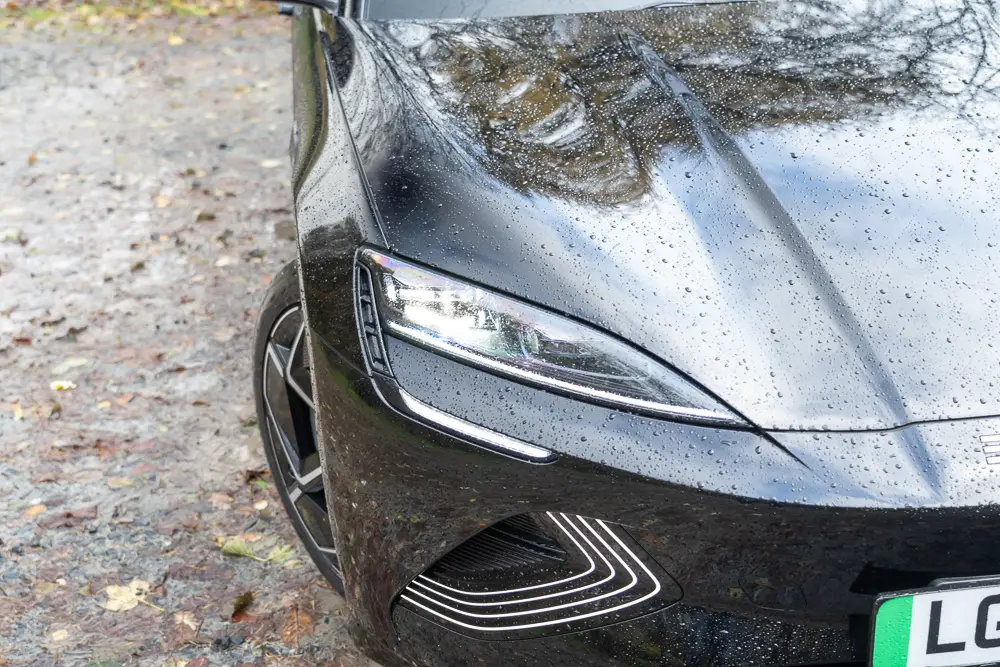The Certificate of Entitlement (COE) is a license issued by the Land Transport Authority in Singapore, allowing holders to own and use a vehicle. The COE value is determined by the highest bidder in the vehicle quota system’s public auction. This certificate, valid for 10 years, restricts car ownership duration. After this period, it can either be renewed for 5 or 10 more years upon paying a prevailing quota premium, or owners have to deregister their vehicles. The primary purpose of the COE is to control the number of cars on congested roads.
Understanding COE Price Calculation
Understanding COE price calculation is essential for potential vehicle buyers in Singapore. A Certificate of Entitlement (COE) represents the right to car ownership and usage for 10 years, hence its pricing directly affects car prices. Without grasping how these calculations work, which considers demand-supply factors among others, consumers may face unexpectedly high costs or make uninformed decisions. An existing quota system also influences COE pricing. Therefore, comprehensive knowledge about this mechanism allows more economical choices and helps anticipate future fluctuations effectively.
The Concept Behind COE Prices
COE, or Certificate of Entitlement, is a license received through a bidding system in Singapore required to register and use a vehicle. It entitles owners to 10 years of driving permissions. The scheme was introduced to control the number of vehicles on roads due to limited space. Cost varies based on market demand; high demand raises prices significantly. After ten years, vehicle owners can scrap their cars or rebid for another COE at prevailing rates, which might or might not be economical.

The Certificate of Entitlement (COE) plays a pivotal role in car ownership in Singapore. It grants residents the legal rights to own, register, and use a vehicle within country limits for 10 years. This mechanism stemmed from necessary population and traffic control policies. The availability and pricing of COEs are determined by demand-supply fluctuations, thus indirectly influencing buyer behaviour. Ultimately, the COE attempts not only to manage vehicular density but also to promote sustainable transportation solutions like shared or public means.
Understanding the Vehicle Quota System in Singapore
The Vehicle Quota System (VQS) is a policy approach to limit the number of vehicles on roads, addressing traffic congestion and environmental issues. Implemented by several cities like Singapore, it involves government-set quotas for new private vehicles allowed each year. Prospective owners must obtain a Certificate of Entitlement via bidding at auctions held twice monthly before registration effectively restricting car ownership numbers. Despite its effectiveness in reducing traffic congestion and emissions, critics argue that VQS undermines social equity as only wealthier citizens can afford skyrocketing certificate prices.
The COE system heavily impacts vehicle prices in Singapore. Under this scheme, high bidding equals increased prices as there is limited monthly issuance. Popularity and demand also play roles: prevalent motor vehicles cause a surge in COE prices due to heightened competition for certificates. Additionally, shifting economic circumstances affect affordability and willingness to bid, thereby indirectly influencing costs. Therefore, factors such as governmental regulations and market dynamics intertwine within this system to impact prevailing COE pricing levels significantly every day.
The Process of COE Bidding
The bidding process starts with a project announcement, where businesses are invited to submit their proposals. Bidders scrutinize bid documents to formulate accurate estimates and identify potential risk areas. They finalize a competitive yet profitable price point for products or services offered, within the guidelines provided. Specific deadlines for submission are scrupulously observed by interested parties. Once submitted, bids undergo rigorous evaluation by the directing organization/user against set criteria chiefly cost efficiency and skill proficiency level but could involve more depending on the purpose of bidding; until finally awarding it to one suitably identified contractor/vendor.
The bid outcome directly influences the final Certificate of Entitlement (COE) price in Singapore. The COE system involves a bidding process where potential vehicle owners compete for limited ownership rights. Higher bids drive up the ultimate cost of obtaining these certificates. Consequently, when there is strong competition and increased demand during a particular bidding session, it results in higher final COE prices. Therefore, understanding trends and patterns in bid outcomes can help predict potential movements in the final COE price chart.
Strategies to Navigate COE Price
To effectively bid on the Certificate of Entitlement (COE) in Singapore, understanding potential price fluctuations is key. Keep track of past COE prices through online records to identify trends. Supply factors such as quota numbers, economic downturns, and policy changes greatly impact prices. Additionally, demand elements like seasonal shopping and new car launches also play crucial roles in shifting COE costs. Increasing your bidding knowledge will ultimately enhance competitiveness, better informing prospective bids while potentially serving you significant savings ahead of unpredictable cost hikes or sudden slumps.
The best time to bid for a Certificate of Entitlement (COE) is typical during off-peak periods, such as economic recessions or industry downturns when fewer people are purchasing cars and these competitions. Additionally, bidding towards the end of the quota period can result in lower prices due to last-minute availability. Tracking market trends and COE premium prices regularly also gives a clearer insight into ideal bidding times. However, predicting exact outcomes remains challenging since COE pricing depends on demand-supply dynamics which change constantly.

